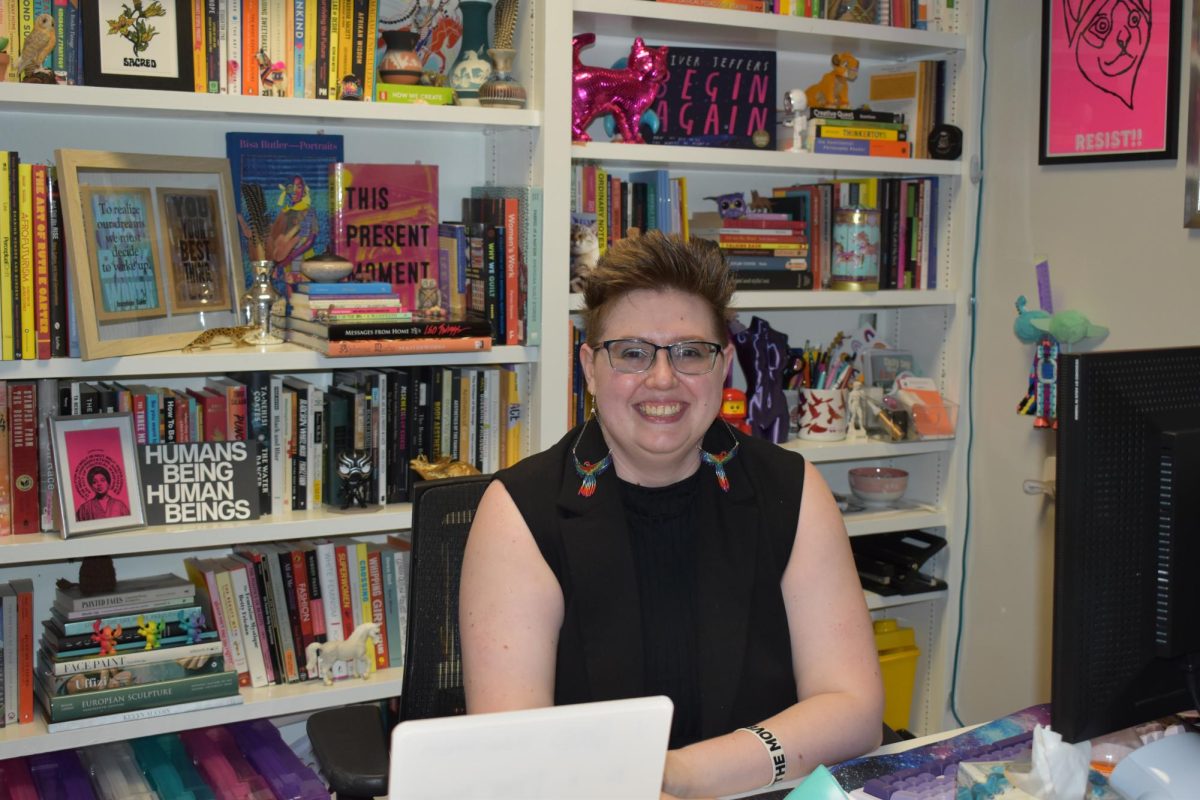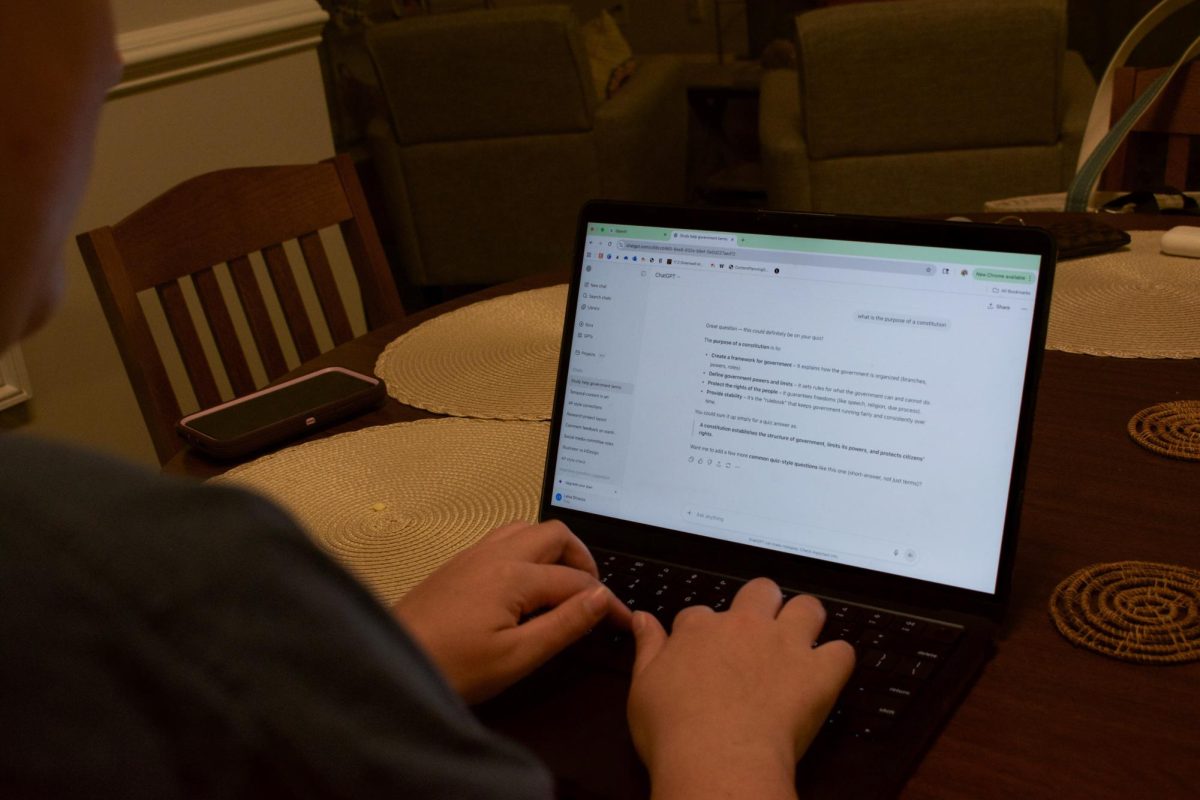Artificial intelligence (AI) has caused a lot of controversy on college campuses around the globe.
The language model Chat GPT is often at the center of debate, with a variety of mixed responses.
A professor in Michigan is now requiring essays be written in class, and many colleges are looking at blanket bans and plagiarism clauses.
One school in the UK went as far as to switch its curriculum entirely, with all learning done outside the classroom and all assigned work done during instructional times, where students can be observed.
Even on Wofford’s own campus, faculty are split over the issue. Clayton Whisnant, Chapman professor of humanities, had some thoughts to share on the program.
Whisnant, while initially “alarmed,” is taking steps to make sure these softwares are not used in his courses.
“I have started warning students during the initial meeting when we discuss my syllabus, that I do consider using ChatGPT or any other AI software to be a violation of Wofford’s Honor Code,” Whisnant said.
Whisnant’s view is one widely held across the country, with many professors arguing that, because the students didn’t write the words themselves, they cannot take credit.
“What I have seen so far is that it will not be a problem for the assignments that I give, which either involve synthesizing several sources or responding in depth to readings,” Whisnant said. “At the moment, the program does not cite well or accurately, and I hope students won’t be tempted to use such software to complete these assignments.
“If they do, it will be easily detectable.”
Almost as soon as ChatGPT was released, a similar program, called GPT-zero was released as well, which specializes in detecting language AI.
While neither it nor ChatGPT is foolproof, this is yet another way in which teachers are combatting its use in classrooms.
Whisnant still plans to look to the future.
“I do plan to keep up with the programs, because I recognize they will get better, and quite possibly very quickly. As with many things, I am trying to approach it with a ‘one day at a time’ philosophy,” he said.
Other professors on Wofford’s campus are taking a different approach. Kimberly Hall, associate professor of English, had many of her own thoughts to share.
“My personal opinion is that regardless of whether we like it or not, it’s not only here to stay, (and) it’s probably going to accelerate,” Hall said . “It’s actually our responsibility to learn as much about it as possible. My primary concern is teaching students how to be critical consumers of this technology rather than just fearing it or open-heartedly embracing it.”
Hall leads the Digital Media minor here on campus.
She has already begun to integrate some of the software into her courses.
“I’ve designed an assignment for my upper division Writing in Digital Environments course where we’re actually gonna be working directly with Chat GPT,” she said.
One of the concerns of many professors around the country is that language models like Chat GPT might replace writing.
Hall had other ideas.
“What it writes at the moment is really not that good,” Hall said. “I actually see it as a drafting tool where you have students create a prompt, or you workshop a prompt together, and then they have a first draft. Their job actually becomes revising, refining, adding to and developing those ideas.”
As many students and some professors have pointed out, this is not an entirely problematic phenomena, as it highlights a weakness in academic writing.
Students themselves have become frustrated, as Chat GPT has exposed the amount of “busy-work” assigned in both high school and college.
A New York Times article written by Kevin Roose gave some ideas on how to combat this.
Creating assignments that focus more on local effects, personal experiences and responses to readings often makes the use of ChatGPT unnecessary and helps to avoid “regurgitated information,” another thing AI tools can do well.
There is still a lot of controversy around ChatGPT and other AI applications. As they develop more functions and become more effective, it’s likely the controversy will only grow, as will the need for learning and understanding them
“Media panic is a very old thing,” Hall said. “People used to be upset about typewriters.”

































